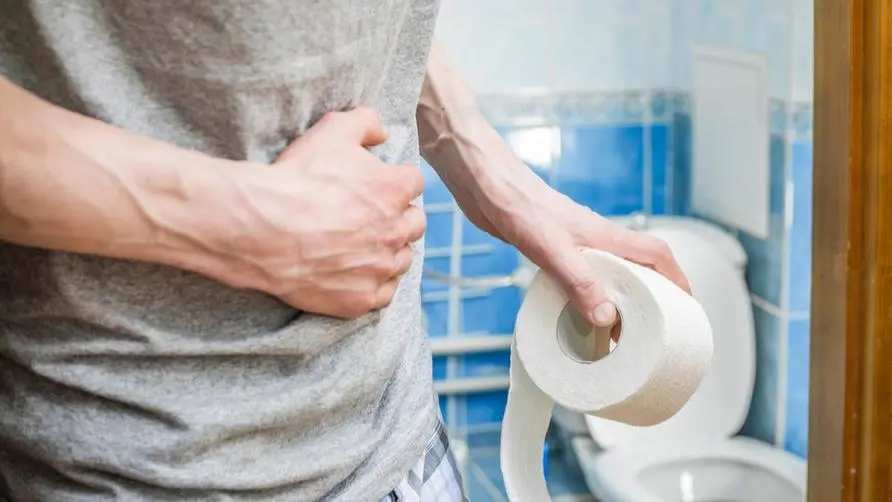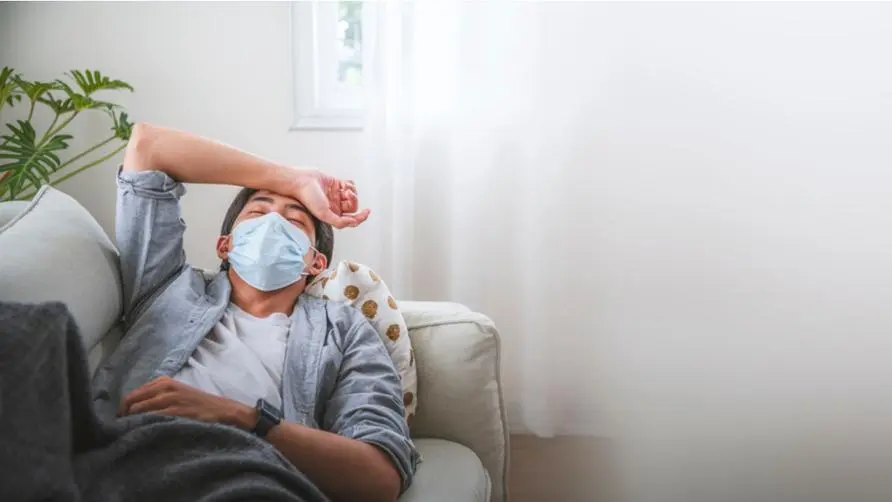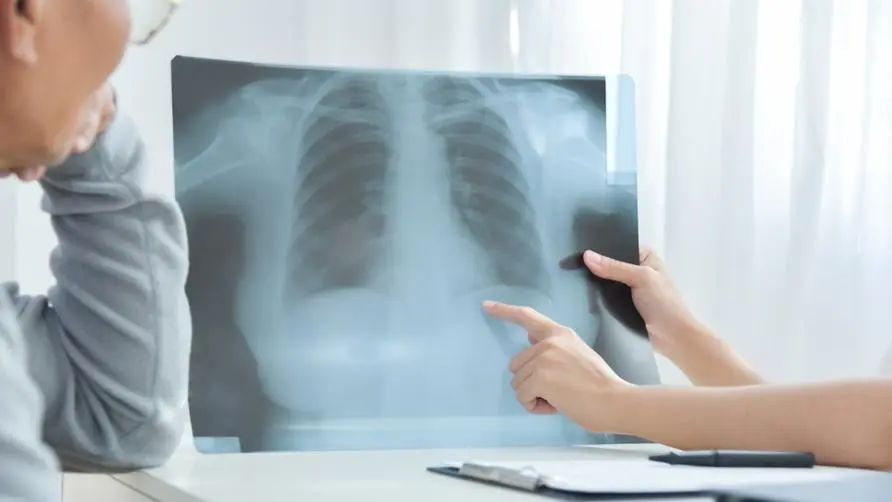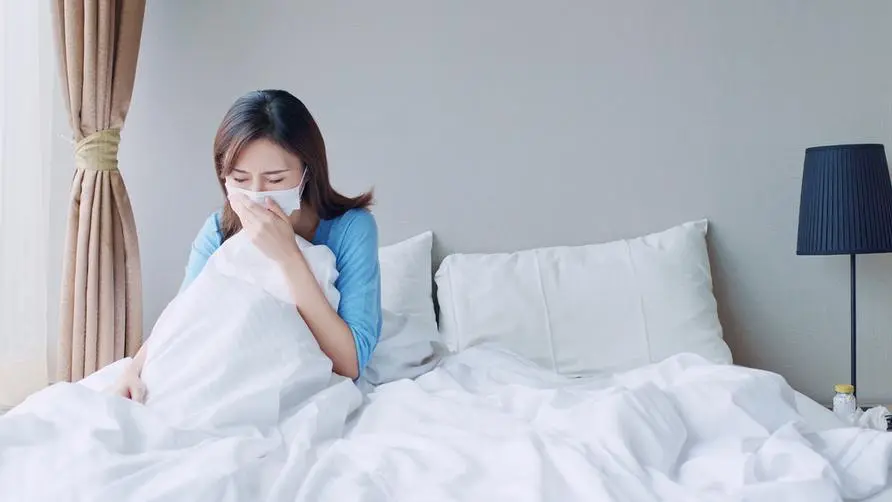How to relieve "insomnia" after the epidemic? How to improve breathing difficulty and easy breathing? "Five major questions" those diagnosed with COVID-19 must know
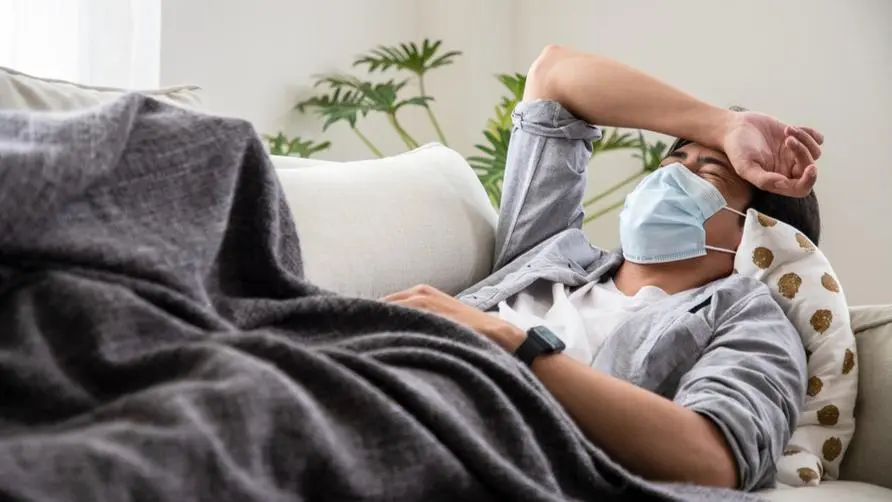
The symptoms and sequelae that appear after the diagnosis of Covid-19 are issues of recent concern to the public. After recovery, how can people pay attention to their own condition and what daily maintenance can they do to restore their strength and health? Lian An Clinic has collected suggestions from professional doctors and medical teams in various disciplines and provided the “Care QA Guide” to the diagnosed patients and their families, so that they can face it together on the road to recovery.
Q1: If you feel you have asthma or difficulty breathing after recovering from the epidemic, what measures can be taken to improve it?
Dr. Shi Yizhong, director of the Department of Cardiovascular Medicine at Lian On Clinic, said that infection with the epidemic may cause mild fibrosis in some alveoli, which in turn affects the lung function of oxygen exchange. It is recommended that daily aerobic exercise can be carried out step by step, starting from 10 to 15 minutes of “aerobic exercise” every day, such as brisk walking, jogging, jumping jacks, aerobic rhythm, flywheel, etc., and gradually increasing the intensity of exercise until it is effective Exercise: The heart rate reaches 120 beats/min for adults and 100 beats/min for seniors over 65 years old. It will help activate healthy alveoli to actively operate, increase lung capacity, and improve breathing difficulties.
However, if the condition does not improve significantly 3 months after infection, it is recommended to further seek medical treatment and discuss with a doctor. The examinations include pulmonary function tests, pulmonary ventilation assessment, high-resolution lung computed tomography, and even alveolar oxygen exchange function. Do an advanced assessment. Some studies have pointed out that persistent mild inflammation may also be a key factor in the persistence of symptoms. This part can be analyzed in depth through a series of biochemical indicators of inflammation, oxidative stress indicators, etc., and corresponding auxiliary treatments can be provided based on the results.
Q2: What methods can be used to relieve insomnia after being infected with the epidemic?
Dr. Hong Yuzhong, director of the Health Management Center of Lian On Clinic, said that if insomnia is caused by stress, anxiety, etc., it is recommended that you first try to use mindfulness, meditation and other methods to make emotional adjustments; if it is caused by other related physiological symptoms after infection, it is recommended that you can Discuss with your doctor whether a prescription is needed and remind you to be careful when using the medication.
In addition, you can arrange a suitable sleeping environment, such as: pay attention to whether the light is too bright; play sleep-inducing and stress-relieving music; be sure not to use 3C products before going to bed to avoid excessive blue light stimulation that makes the brain more anxious and tense.
Q3: The cardiovascular risk of diagnosed patients increases by “more than 10 times”? Are there any recommendations for cardiovascular prevention after diagnosis?
Dr. Shi Yizhong, director of the Department of Cardiovascular Medicine at Lian An Clinic, said that studies have found that people diagnosed with COVID-19 are more likely to develop blood clots and arrhythmias, and a small number of them may worsen. If you have concerns about cardiovascular health, it is recommended to observe your condition within half a year. For a small number of people who have been diagnosed with myocarditis, it is recommended to follow up regularly for more than one year. You can understand your cardiovascular health through electrocardiogram, cardiac ultrasound and other examinations. If you find abnormal subcutaneous bleeding spots, abnormal bruising, or swelling and pain in the limbs, or even sudden breathing and asthma, you need to pay attention to whether there are symptoms of thrombosis. You can do a screening immediately through blood drawing and routine blood tests. , and arrange further examination to confirm the cause.
Q4: Are there any relevant suggestions for daily health care for people who have been diagnosed?
Director Zeng Feijing, Director of the Nursing Department of the Health Management Center of Lian On Clinic, suggested that patients with mild symptoms can take control of their own health through the following four aspects:
Eat the right foods: Eat more high-protein foods, reduce the intake of refined starches and saturated fats, and reduce the body’s inflammatory response. Fried and spicy foods should also be avoided to reduce the burden on the body.
Supplement nutrition: Supplement vitamin C, D, zinc and Omega-3 nutrients, eat enough fresh fruits and vegetables and replenish water.
Get enough sleep: It is recommended to maintain a fixed biological clock and sleep for 7-8 hours. During lunch break, try to take a nap before 3 pm and no longer than 15-20 minutes.
Exercise more: Even if you are isolated at home, it is recommended that people do what they can according to their physical condition and maintain regular exercise habits.
In addition, the environment also needs to be disinfected to protect the health of cohabitants.
Q5: Some diagnosed patients are worried about “infecting their family members with the epidemic”. Does the doctor have any suggestions on mentality?
Dr. Yan Zuohua, deputy director of Lianxin Clinic, suggested that the public first needs to understand and accept that the high infection rate and confirmed cases of the new coronavirus epidemic are becoming more and more common. It is an unavoidable fact, and it is difficult for us to change this. In this case, what we can do is to suspend self-blame on ourselves first. Friends who have been diagnosed with the disease are also asked to think about it. Is the feeling of self-blame coming from the desire to protect your family? This is very valuable, so I also ask the public to understand that behind such worries is your love and original intention for your family. Therefore, we should accept our worries calmly and practice positive thinking. What else can we do for our family after recovery, and face it with a positive attitude.
Further reading:
